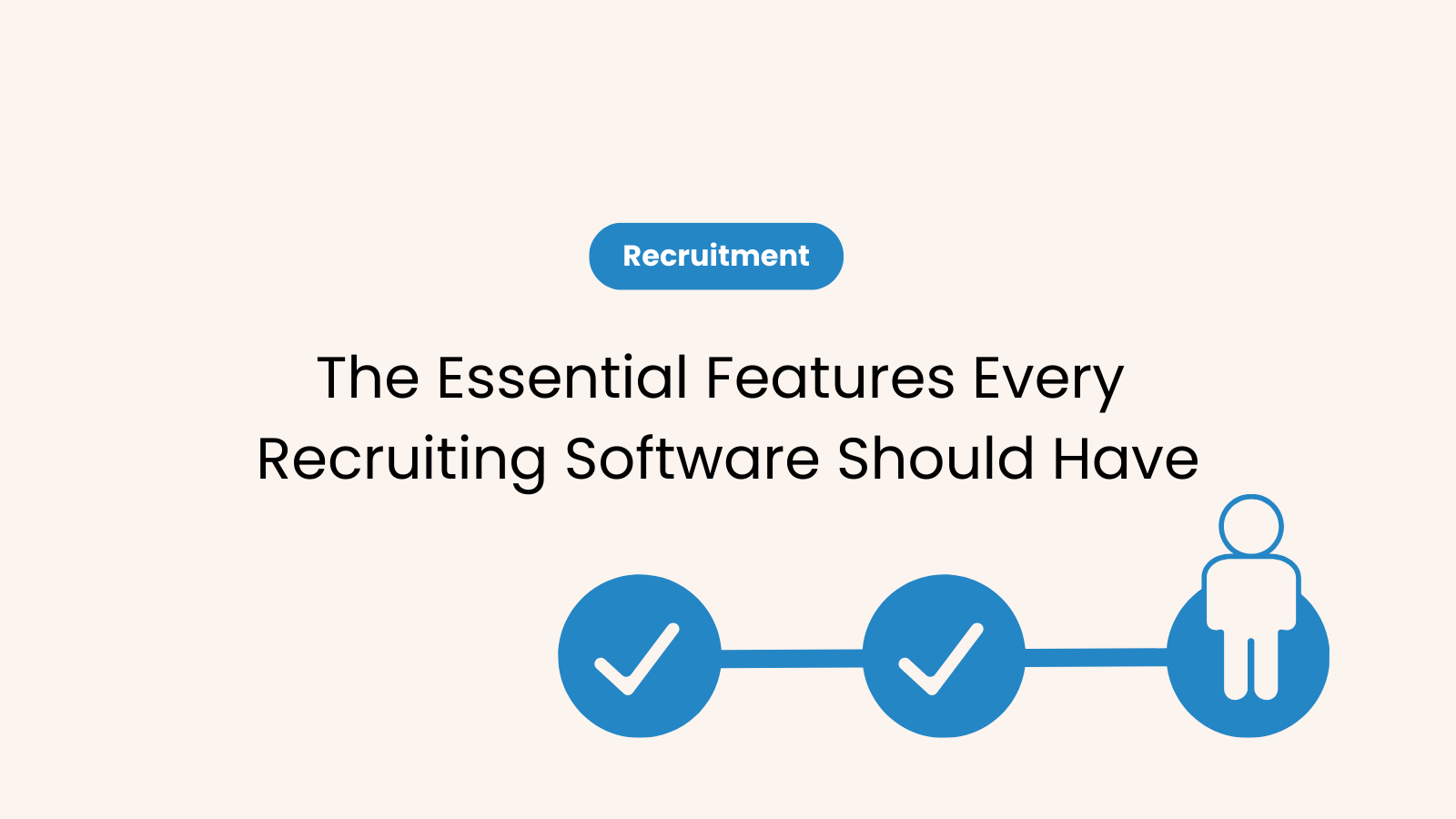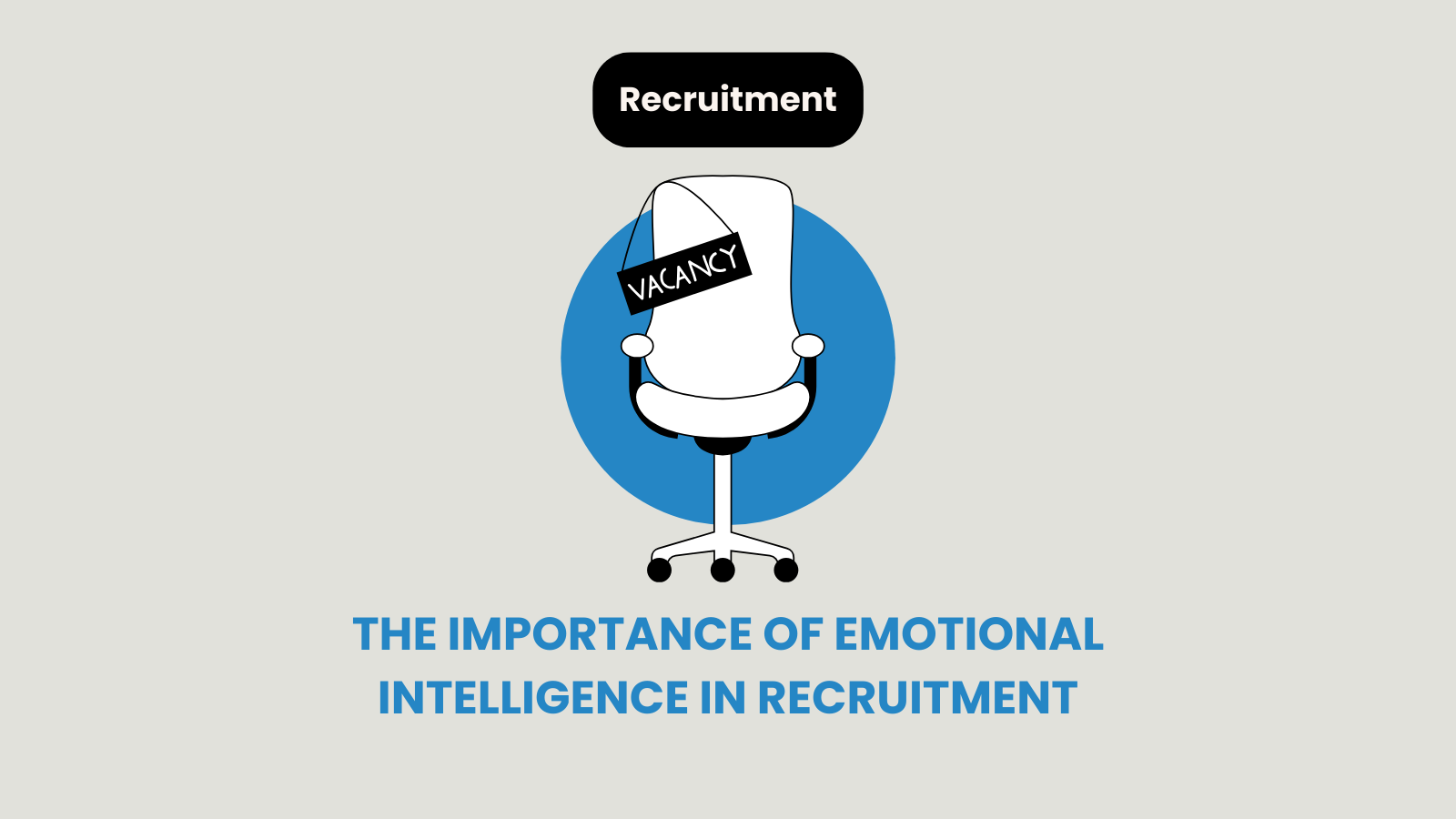Top performers are something that only happens to a company sometimes. They account for most of the output, and for one of such workers to leave would be considered a severe blow and a decrease in productivity. So how to stop your top performer from quitting? Retaining top performers is essential for the success of any organization. Losing them can have a significant impact on team morale, productivity, and overall business performance. Therefore, it’s crucial to take proactive steps to prevent your top performers from quitting.
High Performers in a Nutshell
But, what is considered a high performer? It is an employee who consistently performs at a high level, exceeding expectations and producing exceptional results. They are typically self-motivated, goal-oriented, and possess strong critical thinking and problem-solving skills. They are also typically team players, that effectively collaborate with their colleagues, and are committed to the success of their organization.
High performers often go above and beyond their job duties and are valuable assets in their workplace. According to a McKinsey Global Survey, high performers are much more productive than average workers. On top of that, as the complexity of a job rises, so does this gap between them and other workers. In fact, found in very complex occupations, high performers will show around 800% more productivity.
They Are Essential to Any Business
There are many reasons why you should retain those workers that are constantly productive and are overall your top achievers. You can freely say that with their productivity, they are essential to any business. But here are the top reasons they make a workplace better:
- Firstly, they produce a disproportionate amount of value compared to other employees. If you’re wondering what percent of employees are top performers, studies have shown that the top 10-15% of employees typically generate up to 80% of a company’s output. This makes high performers critical to achieving business goals and meeting client needs.
- Secondly, they often positively influence others in the organization. They set a high standard for productivity, which can motivate other employees to improve their output as well. Additionally, they serve as mentors, and role models for other employees, sharing their knowledge and skills to help others improve.
- Thirdly, high performers can help a business attract and retain talent. They often have a reputation for excellence, and their presence can be a selling point for potential employees. Additionally, when they are recognized and rewarded for their contributions, it creates a culture of excellence that can help retain top talent.
Overall, they are valuable assets to a business, and it’s crucial to create an environment that supports their needs and recognizes their contributions.
Top Reasons Your High-Performing Employee Could Quit
High-performing employees often want to take on new challenges and advance their careers. If they feel like there are no opportunities for growth or advancement within the company, they may look for opportunities elsewhere. They are also quite aware of their value and may expect to be compensated accordingly. If they feel like their compensation or benefits are inadequate, they may consider leaving for better pay or benefits.
High-performing employees thrive in an environment where they feel supported and valued. If they feel like their managers or leaders aren’t providing enough necessary support or guidance, they may consider leaving for a more supportive work environment. They also want to feel like their hard work is both recognized and appreciated. The moment they feel like their contributions are being overlooked or undervalued, they may start considering leaving for a more supportive work environment.
Additionally, keep in mind that high-performing employees often work hard and take on additional responsibilities, so it may lead them to feel like they are constantly overworked or burnt out. They also thrive in a positive and inclusive work environment, so if your company culture is toxic or not aligned with their values, they may already have one foot out the door.
Recognize the Warning Signs
When an employee is considering leaving their job, there are often warning signs that can be identified by management. These signs may include the following:
- Decreased productivity or quality of work,
- Lack of interest in job or tasks,
- Frequent absences or tardiness,
- Decreased engagement in team meetings or projects,
- Withdrawal from social interactions with colleagues or management,
- No longer seeking feedback or asking questions,
- Expressing dissatisfaction with their role, salary, or work environment.
By identifying and addressing these issues early, managers may be able to prevent a valued employee from leaving and maintain a positive and productive work environment.
How to Stop Your Top Performer From Quitting? Understand Their Reasons
To prevent top talent from leaving your organization and start looking for a new job, you should first delve into reasons for leaving and understand them. To do so, communication is key, so it’s important to have a conversation with them to learn about their concerns and what they need to feel fulfilled in their job. Keep in mind that they often need and yearn to be challenged, but also recognized for their contributions and achievements and that they have opportunities for growth and development.
Make sure they are receiving competitive compensation and benefits, including bonuses, stock options, or profit-sharing. Consider offering flexible working arrangements or opportunities to work on special projects. Create a culture of appreciation and recognition, where high performers feel valued and have a sense of belonging.
Pay Attention If You Are Not Receiving Feedback
When employees become silent, it may be an indication that they are disengaged or unhappy with their job. Successful team leaders and managers should regularly schedule one-on-one meetings with employees to discuss their concerns and identify any potential issues. It’s also important to encourage open communication and create a culture of trust, where they feel comfortable expressing their opinions and sharing feedback. Managers can also solicit feedback through surveys or suggestion boxes to gather anonymous feedback.
Take Action to Address Their Concerns
Taking action to address the concerns of your top performers is a critical step in retaining them. When they express their concerns, it’s important to take them seriously and act promptly to address them. You should start by actively addressing issues that are causing dissatisfaction. This may involve implementing changes to policies, procedures, or work practices to improve their overall experience.
If there are conflicts between your top performers and other team members or managers, it’s important to take a proactive approach to resolve them. You should always encourage open and honest communication to address misunderstandings and provide mediation if needed.
If your top performer has stated that they desire more training, make sure you provide development opportunities or resources to support their desires. This may involve investing in training programs or providing additional resources to support their work. After taking action to address your top performers’ concerns, follow up with them to ensure that the changes you’ve implemented have made a positive impact. This will help to build trust and show that you are committed to their success and satisfaction.
It’s Important to Provide Ongoing Support
How do you keep high performers happy? There are key things you can do to retain your top talent and keep them happy, engaged, and motivated, and one of them is providing ongoing support. Always ensure that your high performers have the resources they need to succeed. This could involve providing them with access to training, mentorship, or coaching, or perhaps investing in technology or tools that will help them work more efficiently.
Show Gratitude
Make sure to acknowledge and appreciate the hard work and achievements of your top performers with simple gestures such as expressing thanks, sending a personal message, or emailing them. Also, recognizing their contributions in team meetings or company-wide communications can go a long way in making them feel valued.
Celebrate Successes
Keep in mind to regularly recognize and celebrate the successes and milestones of your top performers. This could involve acknowledging their achievements in team meetings, hosting a celebration or event to recognize their hard work, or providing them with a bonus or reward for a job well done.
Encourage Communication
If you’re wondering How do you handle a top performer, there is one thing that could help the overall atmosphere in your workplace. Create a culture of open and honest communication where your teammates, especially top performers, feel comfortable sharing their thoughts, concerns, and ideas. This could involve regular check-ins, one-on-one meetings, or team-building exercises that encourage collaboration and communication.
Recognize the Issues and Address Them to Keep Your Top Performers
It is essential for companies to identify and address any concerns their employees might be facing, and even more so when it comes to high performers. By addressing and resolving concerns and issues, you can create a work environment that supports their top talent and helps retain their most valuable employees. By doing so, companies can foster a positive and productive work culture. It leads to the growth of the company in every way, because it helps you achieve goals far easier and by doing so, provides you with a competitive edge in the industry.




